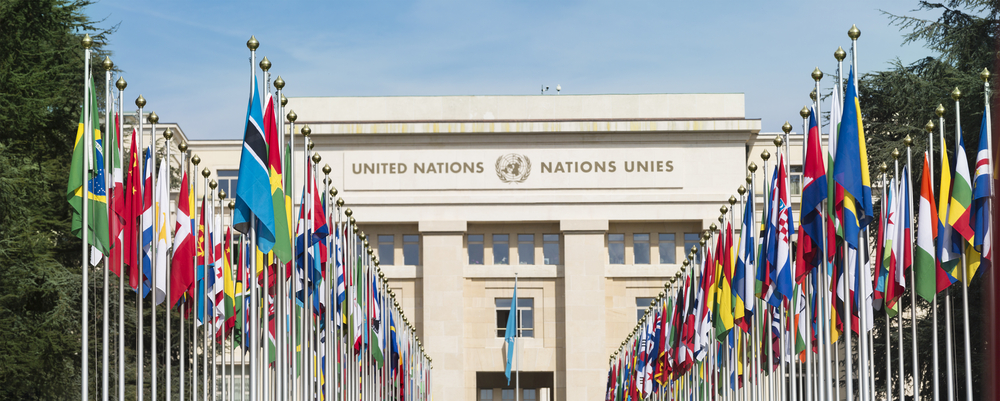UN report points to a 350% rise in phishing websites at start of 2020
Criminals are exploiting the disruption and economic hardships caused by COVID-19, according to counterterrorism chief


There was a 350% increase in phishing websites during the first quarter of 2020, according to the United Nations, with the majority using the coronavirus pandemic as an exploit.
The organisation's counterterrorism chief Vladimir Voronkov told the UN Security Council that the surge in phishing sites was part of a "significant rise in cyber crime", according to ABC News.
Voronkov also added that it doesn't fully understand the impact and consequences of the pandemic on global peace and security, or how it has aided organised crime and terrorism.
"We know that terrorists are exploiting the significant disruption and economic hardships caused by COVID-19 to spread fear, hate and division and radicalise and recruit new followers," Voronkov said. "The increase in internet usage and cyber crime during the pandemic further compounds the problem."
There have been a number of reports suggesting attackers have used COVID-19 as part of phishing campaigns. In April, Google issued a warning to people working from home that coronavirus-based phishing emails were being sent out. It said that of the 100 million daily phishing emails blocked by Gmail, some 18 million were related to the pandemic.
The World Health Organisation also reported an increase in phishing in April, with emails impersonating WHO officials targeting the general public. The scam attempted to solicit donations to a fake website after 450 active WHO email addresses and passwords were leaked online.
Voronkov, however, suggested phishing was being used to exploit "local grievances and poor governance" in many parts of the world.
Get the ITPro daily newsletter
Sign up today and you will receive a free copy of our Future Focus 2025 report - the leading guidance on AI, cybersecurity and other IT challenges as per 700+ senior executives
"The pandemic has the potential to act as a catalyst in the spread of terrorism and violent extremism by exacerbating inequalities, undermining social cohesion and fueling local conflicts," Voronkov said. "We must continue our fight against terrorist groups and criminal networks to deny them the opportunity to exploit the COVID-19 crisis."
Bobby Hellard is ITPro's Reviews Editor and has worked on CloudPro and ChannelPro since 2018. In his time at ITPro, Bobby has covered stories for all the major technology companies, such as Apple, Microsoft, Amazon and Facebook, and regularly attends industry-leading events such as AWS Re:Invent and Google Cloud Next.
Bobby mainly covers hardware reviews, but you will also recognize him as the face of many of our video reviews of laptops and smartphones.
-
 Cleo attack victim list grows as Hertz confirms customer data stolen
Cleo attack victim list grows as Hertz confirms customer data stolenNews Hertz has confirmed it suffered a data breach as a result of the Cleo zero-day vulnerability in late 2024, with the car rental giant warning that customer data was stolen.
By Ross Kelly
-
 Lateral moves in tech: Why leaders should support employee mobility
Lateral moves in tech: Why leaders should support employee mobilityIn-depth Encouraging staff to switch roles can have long-term benefits for skills in the tech sector
By Keri Allan